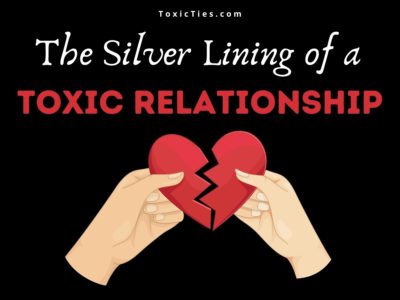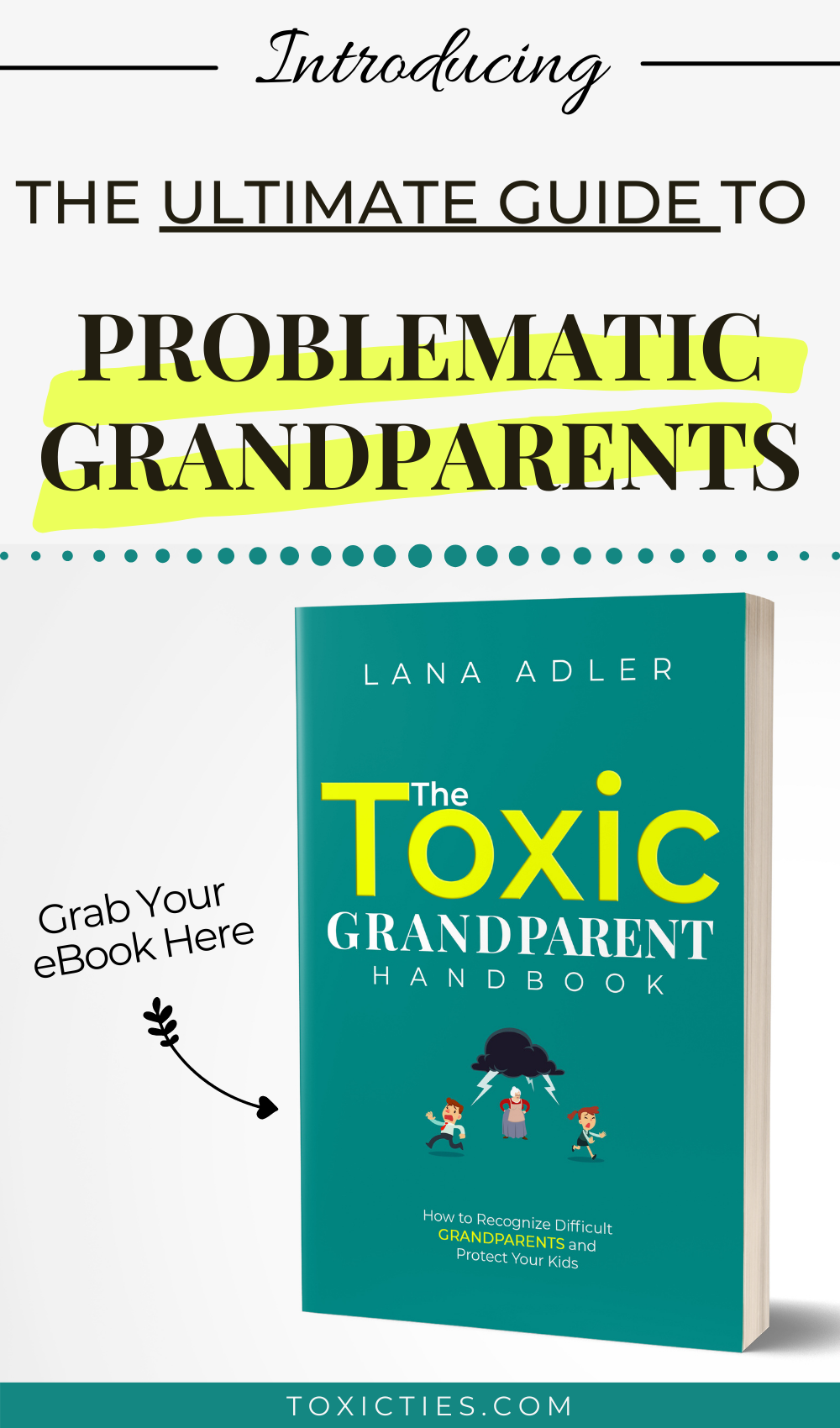Typically, it’s not the huge mistakes that destroy relationships. It’s the habitual small things that lead to the buildup of tension and resentment, eventually resulting in a breakup. Here are 10 of the most harmful behaviors that could be killing your romantic relationship.
1. Take your stress out on your partner (kids, the dog, etc.)
Everyone deals with stress in their own ways. For some, a pint of ice cream is just what the doctor ordered. Others might feel the need to go for a run or take a boxing class.
Yet some of us deal with stress by taking it out on our loved ones. Psychologists call this “stress spillover” — when the stress you experience outside the home “spills” at home and starts affecting your relationship.
This type of behavior pattern is usually learned in childhood, and it’s hard to break. But if you continue using your partner as a punching bag (figuratively speaking) to relieve stress, you may cause irreparable damage to your relationship.
What to do instead: you may not mean to bring the stress home, but it’s the habitual response that gets triggered every time you’re under pressure.
So instead of making your partner the target of your frustration, let them know how you feel.
Sharing the things that make you feel overwhelmed will have a calming effect and bring you and your partner closer.

2. Get defensive whenever an issue is brought up
Getting defensive when someone confronts us is not abnormal; it’s a self-protective impulse.
But when defensiveness is an automatic response to any issue, it can be a serious obstacle to communication, and eventually lead to a breakup.
In fact, relationships guru John Gottman calls defensiveness one of the “Four Horsemen” that predicts the couple breaking up. The other three are criticism, contempt, and stonewalling.
A mature response to someone bringing up a concern (when it’s voiced in a respectful way) is self-reflection and empathy for what the other person is feeling.
An immature response is to get defensive. And when you get defensive, you’re not hearing what your partner is telling you — you’re reacting.
This type of reactionary behavior typically comes from insecurity.
What to do instead: there’s no score to keep in a relationship. There are no winners or losers. You’re not getting ahead by keeping your guard up. You’re not stronger for denying your weakness.
So rather than react the next time your partner brings up an issue, listen with an open heart and try to understand the situation from their point of view.
Also, let your partner know the best way to approach you if they have a grievance.
For example, I told my husband to hold my hand, use a gentle voice, and avoid any tricky conversations in the evening, when I’m tired.
3. Get personal during fights
Every couple fights. In fact, fighting is considered an essential part of a healthy relationship. Research shows that couples who argue are stronger and happier than those who avoid conflict.
However, very few people know how to fight in a constructive way. That is, without getting emotional, defensive, sarcastic, and attacking their partner’s character.
For example, let’s say your partner made an expensive purchase without telling you. You found out after the fact, and you’re furious. So you call them on the phone, seething with rage, and go into a full-on attack mode.
You call them a shopaholic, squanderer, bloodsucker… You say: How can you be so irresponsible (selfish, stupid)? In other words, you focus on their character, not their actions.
What to do instead: be mindful of your body language and the words you use during an argument because when emotions run high, you’re likely to say something deeply hurtful.
Refrain from calling your partner names or assaulting their character. Instead, address their behavior and how it affected you.

4. Be passive-aggressive
Being passive-aggressive is when you’re not happy about something but choose to conceal it. Instead of being direct about how you feel, you punish your partner in subtle ways that are easy to deny.
For example, you’re mad at your spouse because they stayed out late last night and didn’t call. So you sort of ignore them in the morning or make subtle digs and mean jokes, or “forget” to make them breakfast.
People who are passive-aggressive often grew up witnessing explosive anger, or in households where expressing anger was forbidden. So they are deadly afraid of that emotion and have no model for a healthy conflict resolution.
They suppress their anger to avoid conflict. But at the same time, they can’t extinguish it completely, so they act out in passive-aggressive ways.
If you tend to be passive-aggressive, know that it only exacerbates the problem. The more you try to hold back your feelings, the more likely you are to blow up on your partner and cause significant damage to the relationship.
What to do instead: anger is a natural human emotion and you’re allowed to feel it and express it. The trick is learning to express it in a constructive way. Don’t speak to your partner at the height of your anger. Wait until you calm down.
Then bring up the issue without directly accusing your partner of anything. For example, instead of “You never wash the dishes” say “I’d really appreciate it if you washed the dishes when I work late.”

5. Be vague about your needs
Unless your partner gazes into a crystal ball for a living, don’t assume they are a mind reader. It’s not their responsibility to guess your needs, it’s yours to communicate them.
Again, this is a dysfunctional pattern that often originates in childhood. When children are treated not as individuals but as extensions of mommy or daddy (such as in the case of a narcissistic parent), they grow up disconnected from their inner self and their true needs and desires.
Can you relate to that? If your whole life you were taught not to trust yourself because your parents know better what’s good for you, you may have trouble even identifying your needs, never mind communicating them.
Having a successful relationship with this pattern is extremely challenging because you have unrealistic expectations of your partner’s ability to anticipate and fulfill your needs without any action on your part.
What to do instead: do I even have to say it? Ask for what you need! It’s not always easy and we all struggle with it sometimes. Asking for what we need exposes our vulnerability and opens up the possibility of rejection. But if you’re with the right person, they will listen and do what they can to make you happy.
Don’t make them wish they had magical X-ray vision to see inside your head. Ask for what you need, and be as specific as you can. For example, instead of saying “I want you to be more romantic,” say: “I want you to hold my hand when we’re out or just watching TV on the couch. It makes me feel close to you.”
6. Play the blame game
Playing the blame game comes from the same arsenal of broken communication tools as getting defensive and playing the victim. It’s that same impulse to protect yourself at the expense of the other person.
When something goes wrong, we experience discomfort and tension. To relieve the tension, we look for someone or something to blame. That way the situation is explained, rationalized and filed away, and we are absolved of any responsibility.
Needless to say, using this approach in an intimate relationship is a complete disaster, especially if both people are playing the blame game.
Saying to your partner “It’s your fault” (or acting like it’s their fault — the same thing) may make you feel better for a moment, but it will damage your relationship in the long run.
What to do instead: it helps to remember that s**t happens. What you believe is your partner’s fault is not actually their fault. It wasn’t intentional or personal. It just happened. Could it have been avoided? Probably. Hindsight is 20/20, as they say. But it wasn’t a deliberate or callous mistake.
Even if it was an oversight on their part, it still doesn’t help to point out their screw-up. They probably feel bad already. So rubbing it in serves no purpose other than to make them feel worse.
A better alternative would be to refrain from blaming altogether. And if it’s not possible, take some accountability for the situation, too.
For example, instead of blaming your spouse for not cooking enough home-cooked meals, you could say, “We both could make more effort to eat more at home. What about a meal subscription service?”

7. Involve other people
Involving other people in your relationship — especially when you’re going through a rough patch — is generally not a good idea.
It’s OK to talk to a friend to get some advice or to vent. But having public confrontations or making people get involved and take sides will never bring you what I know you want — a loving relationship based on trust and respect.
For one, it will make your partner feel unsafe or even betrayed because you’re taking something personal and making it public knowledge. Two, if you’ve made people take sides, it can make things awkward when you and your partner have made up.
Involving other people is only appropriate in situations involving abuse, or when an intervention for drugs, alcohol, gambling, etc. is needed.
What to do instead: Don’t go around asking everyone and their mother about what you should do in your relationship or seeking sympathy. The more people chime in, the more confused you’ll feel.
Instead, try to resolve all conflicts and disagreements privately, just between the two of you. Talk to a friend if you need to, but keep in mind that a friend is likely to take your side in any argument out of loyalty and make finding common ground with your partner more difficult.
When you’re having an issue you feel you can’t resolve on your own, seek professional counseling. It doesn’t have to be a big investment on your part. Sometimes even a few sessions can help you gain clarity.

8. Keep bringing up the past
Some people easily forgive and forget. Others may forgive, but they struggle with the forget part. Are you one of these people? Do you constantly bring up your partner’s past mistakes whenever you have an argument?
This is a very dangerous habit that can potentially destroy your relationship. You have to stop.
There’s nothing more frustrating than reliving the same fight with your partner over and over again or having to apologize for the same thing multiple times, and still feel like they haven’t forgiven you.
If every time you fight you recite a laundry list of everything they’ve done wrong, what you’re communicating to your partner is: I’m not interested in resolving issues and moving on. I want to hold it over your head for the rest of your life and keep punishing you.
What to do instead: ask yourself: why do I keep bringing up the past? Perhaps, you’ve told your partner you’ve forgiven them when you haven’t. In this case, you need to talk to them about it. There’s no pressure to forgive but you have to be honest about how you really feel.
If you keep bringing up the past because you don’t trust your partner not to do the same thing again, be honest about that, too. Some relationships never recover after the trust’s been broken. So you need to make a decision: stay and keep growing together or split up and go your separate ways.
Whatever you choose, know that constantly bringing up the past is a sure way to ruin the present and the future.
9. Stonewall
Stonewalling is another destructive relationship pattern that involves a refusal to communicate when the discussion becomes too uncomfortable or overwhelming.
It’s when you emotionally withdraw from a conversation with your partner and become unresponsive, distracted, tune them out, and act cold and indifferent.
So anything the partner says smashes into an invisible “wall” you erected.
Stonewalling can be really hurtful or infuriating to your partner because it comes off as indifference or even cruelty. It says: “I don’t care for you. I don’t love you. I see that you’re hurting but that’s of no concern to me.”
Stonewalling is harmful, and it can erode the relationship over time. So it’s important to catch it early and try to correct it.
What to do instead: come up with a signal when things get too heated and you need to take a break.
It can be a word, a phrase, or a physical motion – anything to let your partner know that you’re not ignoring or disrespecting them. You just need a breather.
Also, simply saying: “I need a break right now but we will talk about this later” will give you a chance to walk away for a bit without getting overwhelmed or offending your partner.
10. Emotional blackmail
Emotional blackmail refers to an attempt to manipulate your partner using their emotions (their love for you, for example) against them. People in dysfunctional trauma bond relationships often use emotional blackmail to control their partners.
So whenever there is an issue, you might say: “I guess you don’t love me then” or “If I’m such a terrible person, why don’t you just leave?”
Maybe you even threaten to leave/divorce your partner if things don’t go your way or in the heat of a moment.
Is it harmless? I’m afraid not. When you use your love or the relationship as a bargaining chip, you let your partner know that your love for them is conditional. Needless to say, it’s deeply hurtful to your partner and damaging to the relationship.
What to do instead: we’ve all occasionally resorted to emotional blackmail, whether intentionally or not. But if you use this tactic habitually, it’s a serious issue that needs to be addressed. Perhaps, you could benefit from exploring the roots of this behavior in therapy.
In the meantime, whatever you do, don’t drop the “d-word” (divorce) unless you mean it. Threatening a divorce can feel powerful in the moment, but it’s absolutely devastating for your partner to hear.
Besides, if you repeat it enough times, one day you may convince them that your relationship really is over.
READ MORE
Gaslighting in an Intimate Relationship
7 Unhealthy Relationship Patterns You Need to Change
13 Signs That You’re Dating Mr. Big (And Why You Should Dump Him)









Leave a Reply